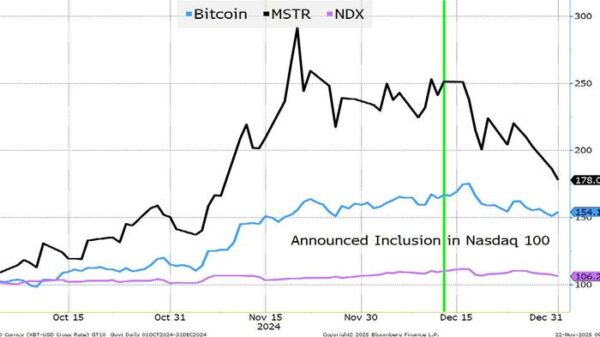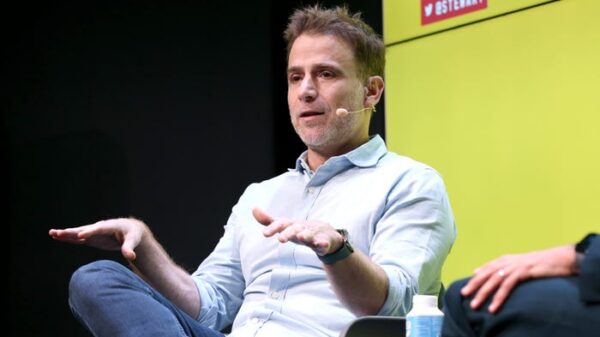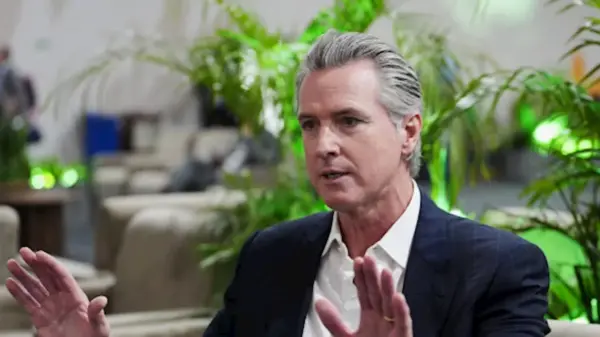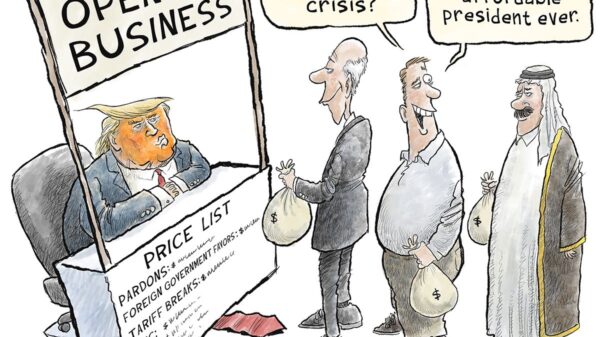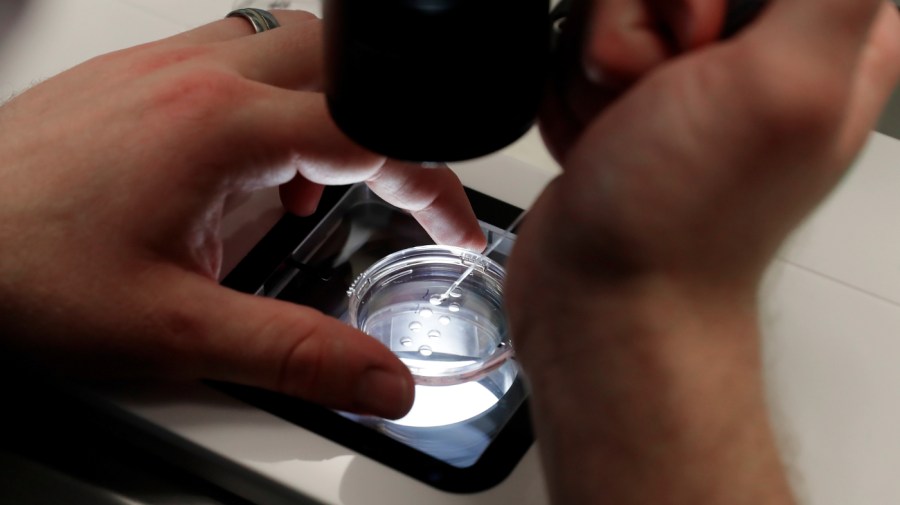The pro-life movement is at a crossroads regarding its stance on in vitro fertilization (IVF), grappling with questions of morality and identity. As IVF has become a widely accepted method to assist couples in conceiving, the movement’s leaders now face significant internal debate over whether to embrace or reject this medical advancement.
Historically, the pro-life movement has focused on opposing abortion and advocating for the rights of unborn children. However, as IVF raises complex ethical questions about the treatment of embryos, the movement’s position is being scrutinized. Some proponents argue that supporting IVF aligns with their mission to protect life, while others contend that it introduces contradictions that could undermine their foundational beliefs.
Dr. Elizabeth L. McGowan, a reproductive endocrinologist and member of the American Society for Reproductive Medicine, highlights the dual nature of the conversation. “IVF can create excess embryos, which may be discarded or frozen, presenting a challenge for those who believe life begins at conception,” she explains. This conflict is causing rifts within the movement, as advocates and opponents of IVF voice their perspectives.
The debate intensified in March 2024, when several prominent pro-life organizations convened to discuss their future direction. Key leaders presented contrasting views on how IVF fits into the broader pro-life agenda. Some argued that accepting IVF could expand their reach and appeal to families seeking fertility assistance. Others warned that this acceptance risks normalizing practices they find ethically troubling.
Critics within the movement emphasize that accepting IVF could dilute the pro-life message. They argue that doing so may lead to a slippery slope, where the sanctity of life is compromised in the name of technological advancement. These members advocate for a strict definition of life that includes all embryos, regardless of their viability.
In contrast, supporters of integrating IVF into the pro-life framework suggest that the technology can be utilized responsibly. They propose guidelines that prioritize the ethical treatment of embryos and ensure that no life is discarded. This perspective aims to reconcile the pro-life stance with modern reproductive technologies.
The conversation surrounding IVF is not limited to the United States; it has global implications as reproductive technologies become more accessible. Countries such as Canada and those in Europe have navigated similar debates, with varying degrees of acceptance. As the pro-life movement examines its identity, the outcome of this discussion could influence global attitudes toward IVF and reproductive rights.
In the coming months, the pro-life movement will likely continue to evaluate its position on IVF, striving to find a balance between its core beliefs and the evolving landscape of reproductive technology. The outcome will not only affect the movement’s identity but also its ability to resonate with a new generation of supporters.
As this debate unfolds, the pro-life movement stands at a pivotal moment, facing the challenge of aligning its values with contemporary medical practices while remaining true to its foundational mission.















